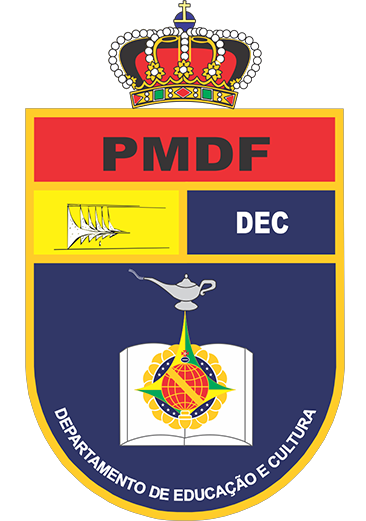APPLICATION OF PROSPECTIVE SCENARIOS TO INFORMATION AND COMMUNICATION TECHNOLOGY PLANNING: PMDF CASE STUDY
DOI:
https://doi.org/10.59633/2316-8765.2022.254Abstract
The Information and Communication Technology area of the Military Police of the Federal District has a vital and strategic function for the public security of the Federal District and is inserted in a complex and dynamic environment. Its performance is guided by official documents that consolidate the strategic and tactical planning of this technological area. In this context, this descriptive research aims to verify if there is adequacy of the strategic planning methodology by scenarios in the proposed area, since it is commonly seen as a tactical and not strategic level. For this purpose, official documents guiding the area of Information and Communication Technology of the Military Police of the Federal District will be used. The research is justified by contributing to the development of a theoretical basis to support the studies and their applicability to this important corporate area of the Military Police, as well as the identification of points of improvement in the light of the strategic planning methodology by scenarios, in order to make the less reactive and short-term and more strategic processes. The methodology used was the case study based on document analysis and literature review. The results indicate that the PMDF, considering its area of activity, has a Strategic plan based on prospective scenarios. However, the ICT area does not have a specific strategic plan. The guiding document of the PMDF's ICT is the PDTIC, that is, the ICT Strategy is developed directly in the PDTIC, which is prepared based on the SISP methodology and has a double scope: strategic and directive.
Downloads
Published
Issue
Section
License
Este artigo está licenciado sob uma Licença Creative Commons. Com essa licença você pode compartilhar, adaptar, para qualquer fim, desde que atribua a autoria da obra, forneça um link para a licença, e indicar se foram feitas alterações.









